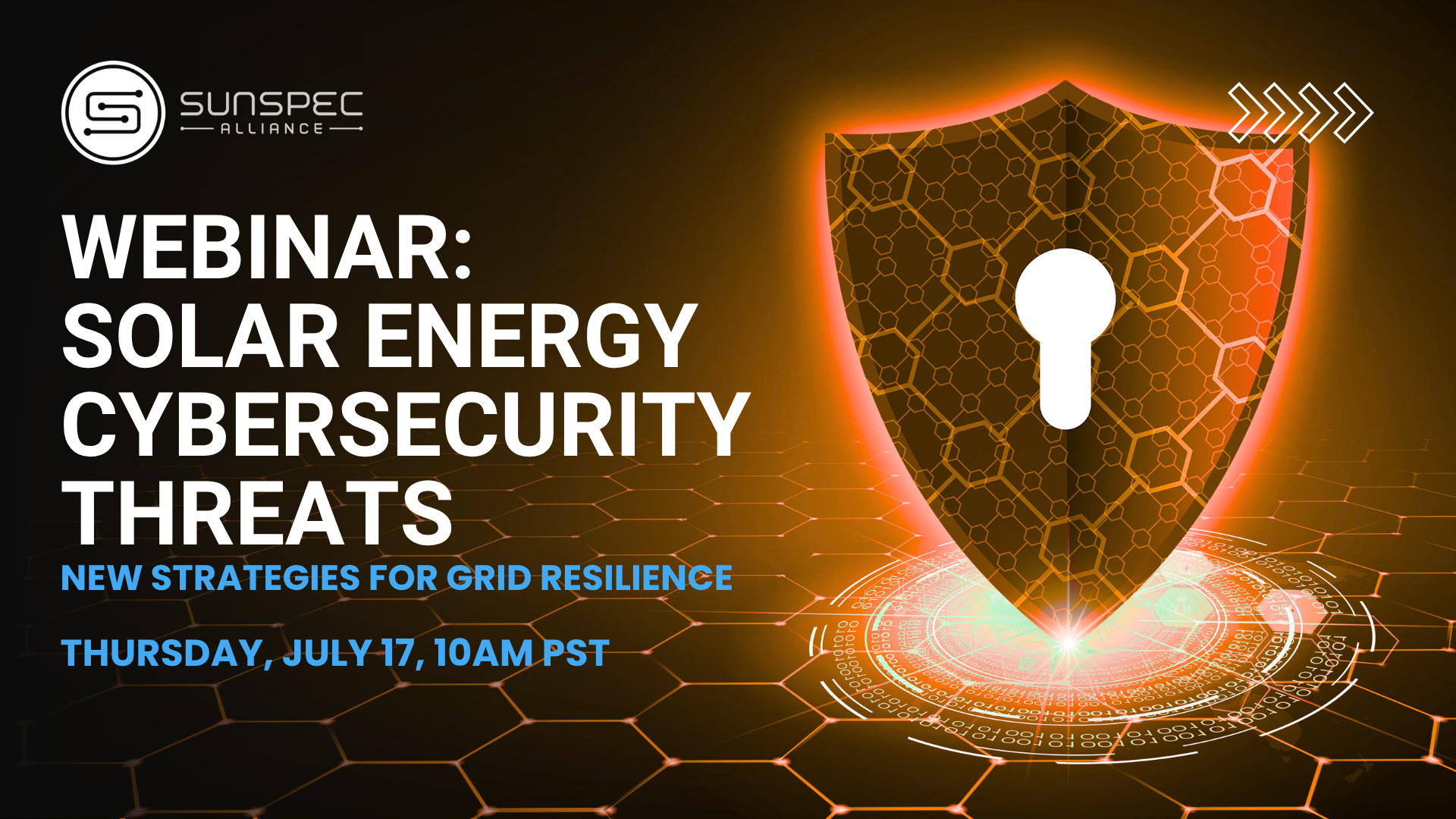A World Without Wi-Fi?
To give an example from our everyday lives, just think of Wi-Fi (so called IEEE 802). Originally developed for interconnection between wireless cash registers, it is now part of our daily routines, as it enables the connection of various devices from any manufacturer to a wireless network. It does not matter if you are using a Microsoft laptop, an Apple iPhone, a Samsung tablet, a Nest thermostat, a Cisco router, Netgear router or any other access point in a hotel or coffee shop – they are all compatible with each other, based on the industry standard. How convenient for consumers!
Could you imagine the high adoption of wireless internet without such an industry standard? Imagine you are looking for a new tablet. Without the Wi-Fi standard, you would have to verify if tablet from “brand A” works with your router “brand B”. You could not be certain that the tablet works with any public hotspot and you would have to look out for specific hotspots that support your specific brand. This concept is unsustainable and thanks to an established industry standard not a reality. For manufacturers of smart devices, this means that they also do not have to re-invent the wheel and can simply implement the standard, knowing that it opens the door to be compatible to a multitude of other devices. If a new company enters the market, they can rely on this standard, which gives room for innovation.
SunSpec: A Success Story
Looking at the solar industry, there are already a couple of established standards. One de-facto standard is that you can mix and match most modules with most inverters, which gives installers and system buyers great options. When it comes to inverter communication, the Modbus SunSpec standard is a good example. Thanks to this standard, most inverters can be connected to third party dataloggers, so customers are not locked into a proprietary monitoring system from a specific inverter manufacturer. Customers have a choice.
An important industry standard to ensure customer choice and cost-effective systems moving forward is the SunSpec Rapid Shutdown communication standard. To provide solar installers with cost-effective, simple and innovative solutions, multiple members of the SunSpec Alliance defined an open industry standard for communication between modules, inverters and string combiners to support module level rapid shutdown requirements. This multi-vendor industry standard was published in September of 2017. Without this standard, installers and solar system buyers would be forced into proprietary systems and be locked into single vendors.
The entire solar industry can benefit from standardization, in the example of the SunSpec Rapid Shutdown communication standard, there are many beneficiaries. First responders are guaranteed more safety, as a solution based on an industry standard provides better protection because it’s known by the entire industry’s entire supply chain and is not related to a single vendor. This increases reliability, reduces room for error, and thus better safety can be achieved. A standard ensures that it’s safe for fire fighters to enter a home to help.
Read More on Fronius Technical Articles




